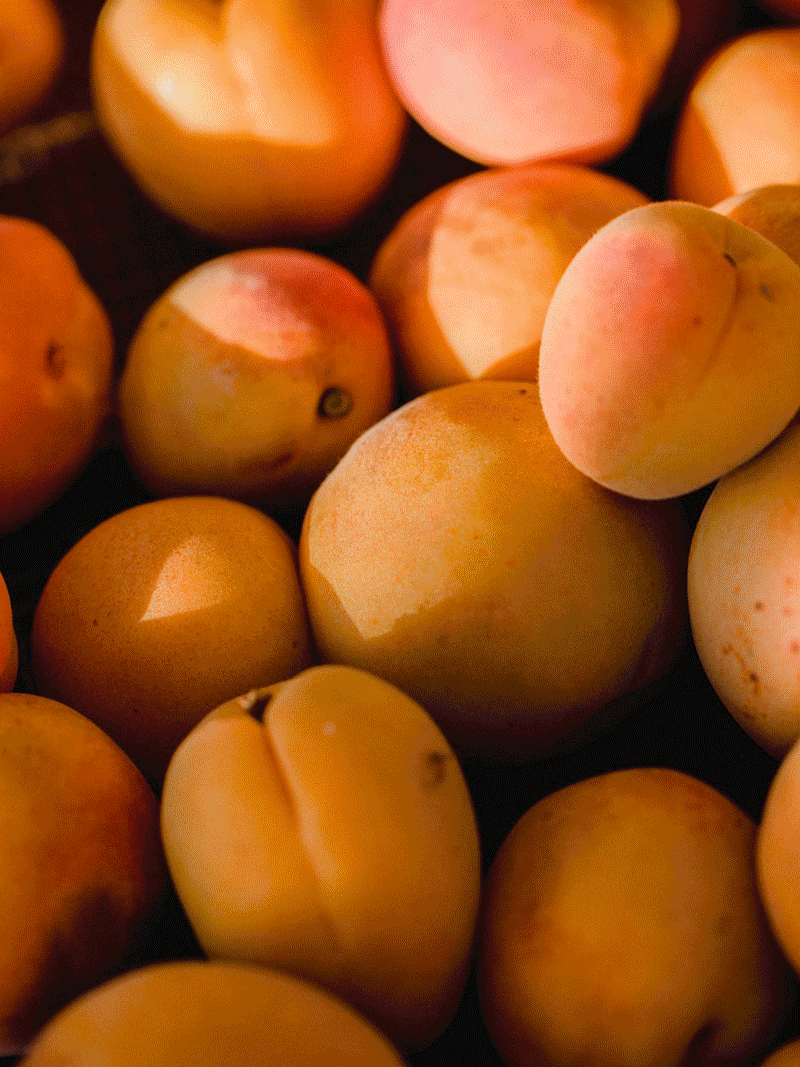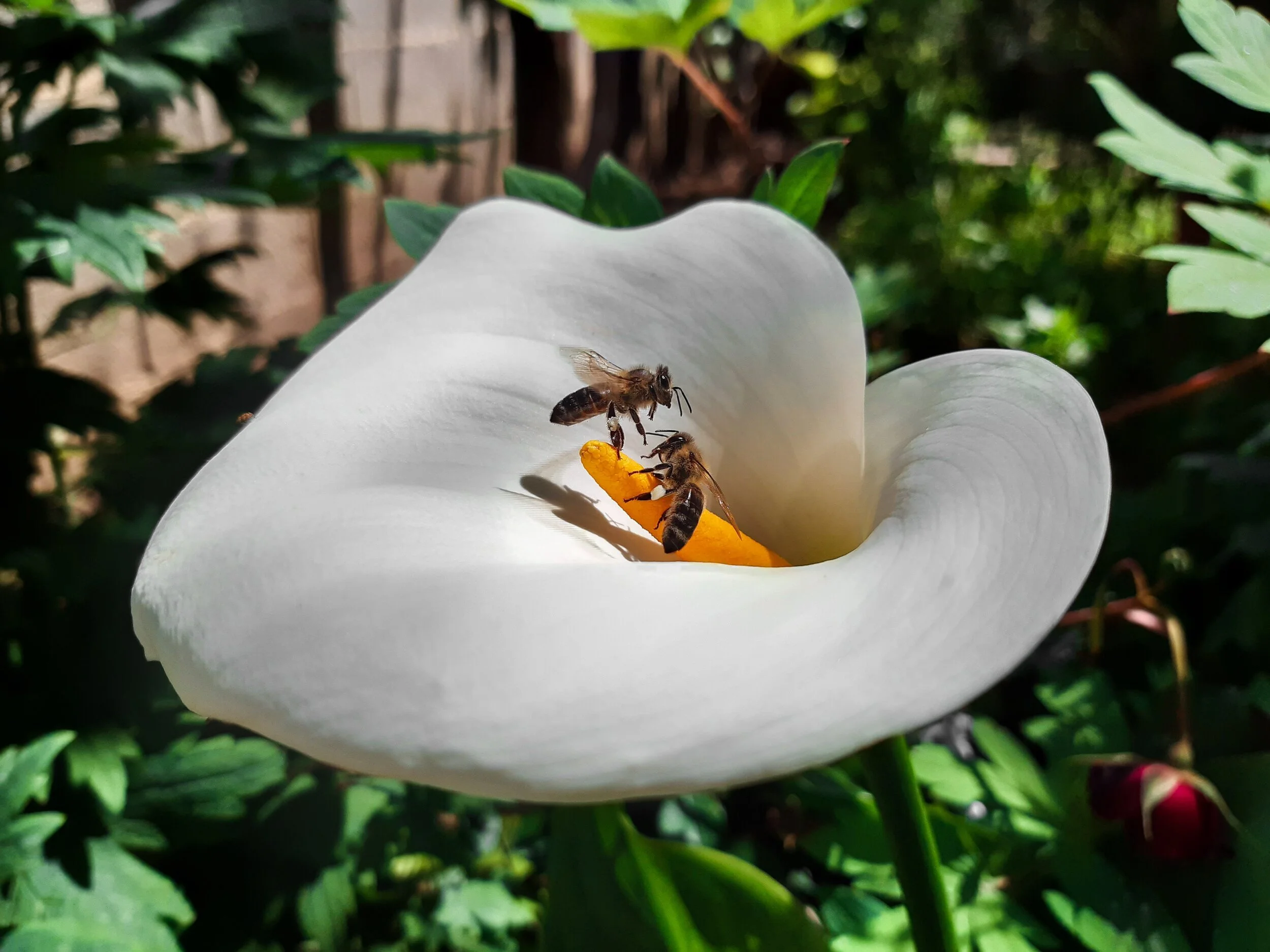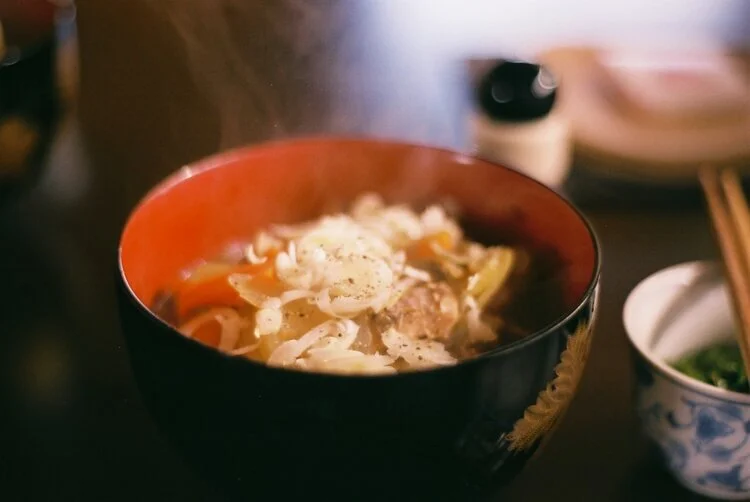
In periods of transition, returning to rituals can help us find comfort, stability, and even opportunities to grow. These acts of repetition build connections between moments in our everyday lives, neighbors in a community, experiences shared together, or people separated by millennia. Humans have long utilized our incredible capacity for retaining and passing down knowledge with the help of rituals: some Aboriginal Australian stories have been told the same way for 40,000 years through careful repetition across each generation. Research shows that the more times we participate in something, the more chances our brains have to comprehend it in a new way and build layers of meaning. With each encounter, especially when spaced out or in a new context, our synapses have another opportunity to take in information and form associations with other things we’ve learned.
Recognizing our shared traditions can enrich our understanding of ourselves in the context of our worlds (even if your world is your kitchen table). As you read this month’s stories, we invite you to explore how these rituals resonate for you and where you see your own experience reflected in others’ mantras, celebrations, and stories. You may even find a new ritual to make your own.








































